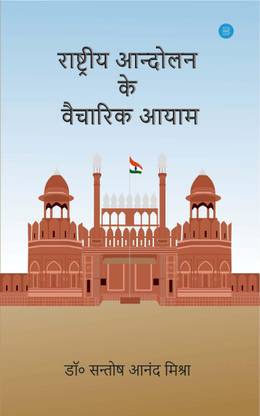Revolutionary Avadh Bihari: An Immortal Martyr Dedicated to the Motherland (14 November 1889 – 11 May 1915)
A person’s education, financial status, or social standing holds little value when it comes to serving the motherland. A living embodiment of this truth was Delhi’s great revolutionary, Avadh Bihari, who sacrificed his life at the young age of 25 for the sake of India’s freedom.
Early Life and Education
Avadh Bihari was born on 14 November 1889 in the Kachcha Katra locality of Chandni Chowk, Delhi. His father, Shri Govind Lal Srivastava, passed away when he was still a child, plunging the family into economic hardship. Left with only his mother and a sister, Avadh Bihari endured great poverty—often not having enough to eat—but remained remarkably brilliant from a young age. He consistently scored perfect marks in mathematics and always topped his class.
Through scholarships and tutoring, he managed to continue his education and graduated with a gold medal in B.A. from St. Stephen’s College in 1908. He later went to Lahore, where he earned a B.T. degree from Central Training College. So impressed was an English teacher by his brilliance that he remarked, “Such youth can greatly aid the spread of English education and culture.” Little did he know that the same youth would go on to shake the very foundations of British rule.
Teaching Career and Revolutionary Path
After completing his studies, Avadh Bihari began teaching at the Sanskrit High School in Delhi. However, he soon realized that a government job was a barrier to his freedom struggle, and he left it to teach at the National High School established by Lala Hanumant Sahai. There, he became close to revolutionaries like Master Amir Chand, Bhai Balmukund, and Basant Kumar Biswas.
Bomb Attack on Lord Hardinge
On 23 December 1912, during a grand procession in Delhi for the British Viceroy, Lord Hardinge, the revolutionaries hurled a powerful bomb at him. At the time, Hardinge was riding an elephant. Although the bomb slightly missed its target, it caused severe injuries to his shoulder, neck, and other parts of the body. The government announced a reward of one lakh rupees for information on the attackers. Eventually, all the revolutionaries were captured due to a betrayal by an informant named Dinanath.
Trial and Death Sentence
In court, Avadh Bihari was charged with helping Basant Kumar Biswas prepare the bomb-laden turban. He was also implicated in several other explosions. While delivering the verdict, the judge remarked:
“A youth as educated and talented as Avadh Bihari is a pride for any nation. He is a thousand times superior to an ordinary man. We are grieved to sentence him to death.”
Avadh Bihari was hanged on 11 May 1915.
Final Moments and Immortal Sacrifice
Before his execution, when the jail authorities asked for his last wish, he declared:
“Death to the British Empire!”
A jail official responded, “At least maintain peace in your final moments.”
To this, Avadh Bihari boldly replied:
“What peace? I wish for immense unrest—so that this foreign rule and India’s slavery are reduced to ashes. May the fire of revolution refine India like pure gold. And if a thousand or two thousand youths like me are martyred—so be it!”
With a triumphant cry of “Vande Mataram”, he kissed the noose and embraced martyrdom with a smile.
The place where he was hanged is now the site of Maulana Azad Medical College—a silent monument to his sacrifice, still echoing the voice of freedom.












0 Comments
Thank you